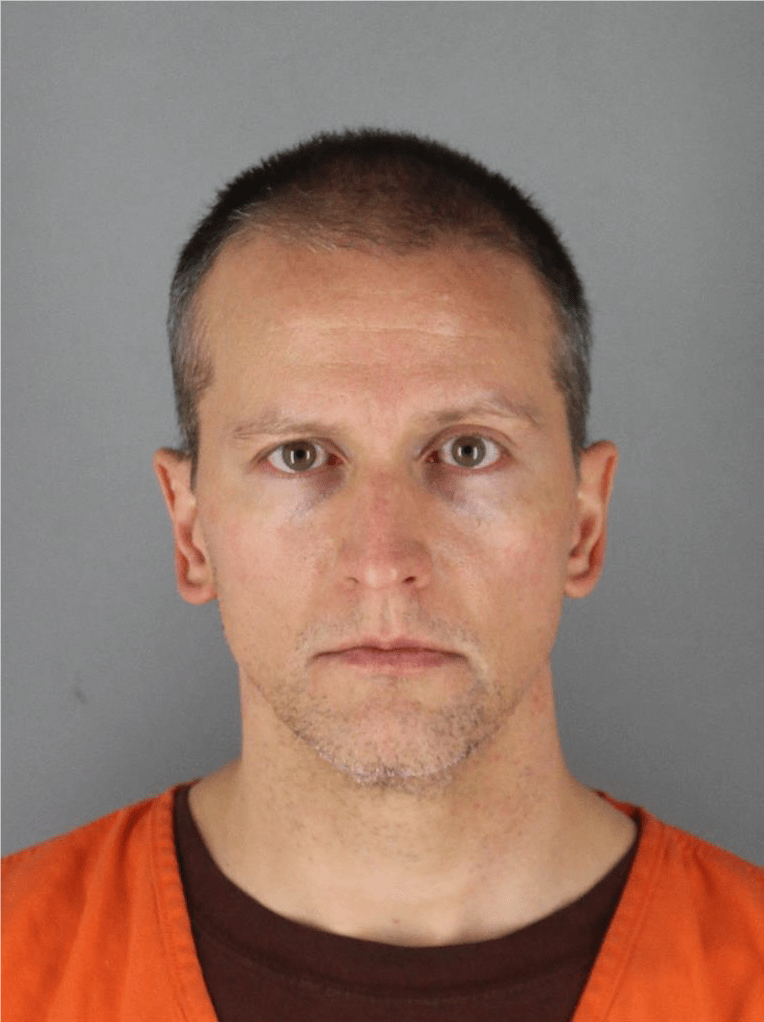Judge rules against audio and video coverage in Floyd killing case for now

Go Deeper.
Create an account or log in to save stories.
Like this?
Thanks for liking this story! We have added it to a list of your favorite stories.
Updated: 3:50 p.m.
A Hennepin County judge on Friday denied a request by former police officers charged in the killing of George Floyd to allow media outlets to broadcast audio and video of pretrial hearings in the case.
In his order, Judge Peter A. Cahill wrote that broadcasting pretrial proceedings would “risk tainting a potential Hennepin County jury pool” and that not all sides agree as rules require.
In an unusual request filed late Thursday, an attorney representing one of the former officers said broadcasting the cases to the public was crucial to ensuring a fair trial during the COVID-19 pandemic, which has limited public access.
“The defendants argue that this relief is necessary to provide the defendants with a fair trial,” wrote Thomas Plunkett, who is representing former officer J. Alexander Kueng “and to assure an open hearing in light of the ongoing pandemic.”
Turn Up Your Support
MPR News helps you turn down the noise and build shared understanding. Turn up your support for this public resource and keep trusted journalism accessible to all.
Plunkett said in the filing that he’s consulted with the other officers’ attorneys, and they indicated their consent for audio and visual coverage of all four cases. He added that prosecutors have not responded with their position.
Plunkett added that state and local officials have made “inappropriate comments” about the case, including Minneapolis Police Chief Medaria Arradondo calling the killing a “murder.”

The former officers want audio and visual coverage to “let a cleansing light shine on these proceedings," according to the court filing.
Kueng, along with Derek Chauvin, Thomas Lane and Tou Thao, face criminal charges in Floyd’s Memorial Day killing.

Chauvin was seen on video kneeling on Floyd’s neck for nearly eight minutes. He faces charges of second-degree murder, third-degree murder and second-degree manslaughter. The other officers face aiding and abetting charges.
Jane Kirtley, Silha professor of media ethics and law at the University of Minnesota, said it’s very unusual for defense attorneys to support the use of cameras in the courtroom, especially because Minnesota has been reluctant to allow broadcasting all kinds of proceedings. Courts haven’t agreed to allow cameras and microphones during most trial proceedings for concern that lawyers would put on a show, and that jurors’ identities would be revealed.
But she also said the former officers’ lawyers make a good argument as they seek broader public access during the pandemic. She notes that while state and local officials have publicly condemned the killing, the defense is not able to respond in the same manner.
“I have to say that just as a consumer of news and information, I’ve been a little astonished at how freely various government officials have made use of terms like murder. It’s one thing for prosecutors to say it, it’s another thing for the chief of police to say it,” Kirtley said. “Those are words that are prejudicial, it’s hard to get away from that. It’s fair to say that this is a matter of concern.”
Kirtley added that ethics rules prohibit defense attorneys from speaking publicly about criminal cases outside of court hearings and written filings, which is why she says, the defense’s only public platform is the courtroom.
“My guess is that’s the reason that they’re saying ‘The only way the public is going to hear our arguments, hear them and see them, is if they’re allowed to have cameras in the courtroom,” she said.
Several media outlets have filed requests for audio and visual coverage of the cases involving the former officers.
Cahill wrote in his order that he will decide later whether the trial itself can be broadcast.


